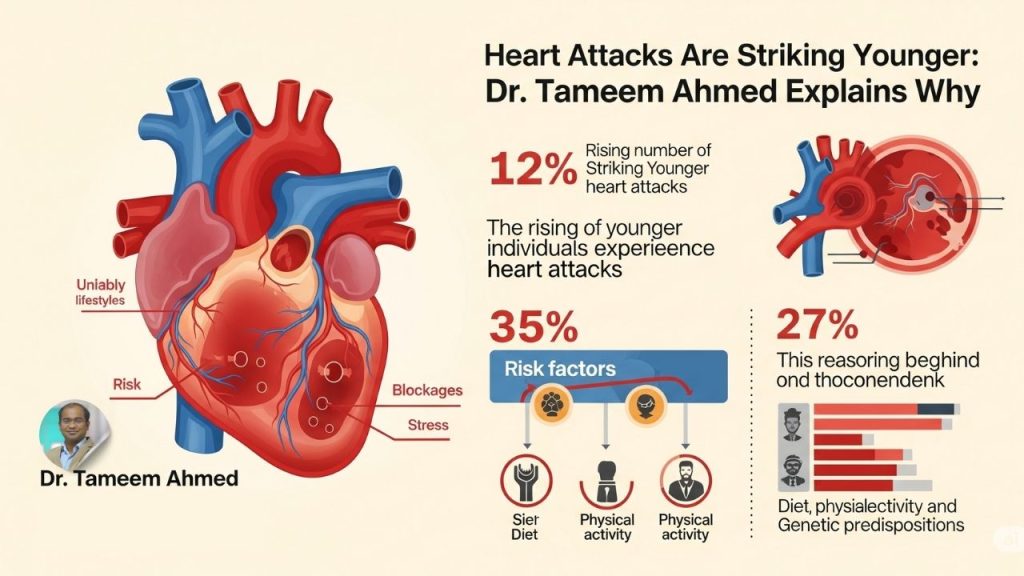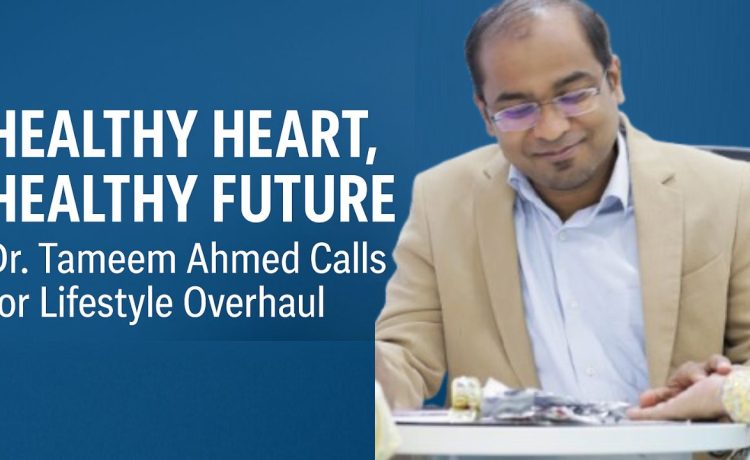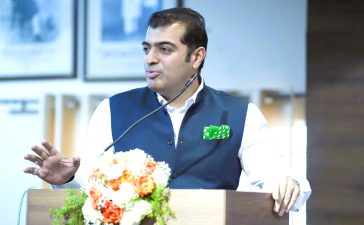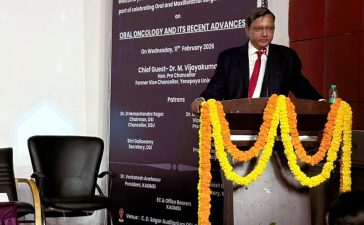‘Recognize, Prevent, Live Strong’: Dr. Tameem Ahmed on Rising Heart Attacks in Karnataka
India Now Exclusive | Interview by Staff Journalist
📝 Subject Summary:
An alarming rise in heart attacks across Karnataka has prompted concerns from medical experts. Dr. Tameem Ahmed, a Senior Adult & Pediatric Cardiac Surgeon and Director at Kardiac Frontida, addresses the genetic, lifestyle, and mental health factors contributing to this spike. In an exclusive interview, he shares insights, personal anecdotes, and preventative strategies for heart health in a post-COVID world.
A Surge in Heart Attacks: Why Karnataka is on Alert
Karnataka has been witnessing a disturbing rise in heart attacks—affecting not just the elderly but increasingly younger individuals, especially post-COVID. In an exclusive interview with India Now, Dr. Tameem Ahmed, Senior Adult & Pediatric Cardiac Surgeon and Director at Kardiac Frontida, offered deep insights into the causes, prevention strategies, and what citizens must do to protect themselves and future generations.
“This surge is not random. It’s the result of a complex interplay of genetics, lifestyle changes, mental health issues, and dietary patterns,” said Dr. Ahmed, a leading voice in cardiac health in India.
Genetic Factors and the Post-COVID Shift
Dr. Ahmed explained that Southeast Asian populations are genetically more prone to coronary artery disease, making them vulnerable to heart attacks even at younger ages. The problem, he noted, has worsened in the aftermath of COVID-19.
“Post-COVID, we’ve seen an increase in inflammatory responses in the body, which, when combined with pre-existing risks, lead to cardiac events in a wider population segment,” he said.
The coronavirus, which impacted vascular and inflammatory systems, has had lingering effects on heart health, especially among people already at risk due to poor lifestyle habits or a family history of heart disease.
The Primary Culprits: Lifestyle, Diet & Stress
Heart attacks are most commonly caused by blockages in coronary arteries, triggered by an unhealthy mix of poor diet, chronic stress, sedentary lifestyle, and rising rates of diabetes and hypertension.
“Our diet has shifted dramatically. There’s an over-dependence on simple carbohydrates and processed foods. Combine that with lack of physical activity, and you’re looking at a recipe for early artery blockages,” Dr. Ahmed warned.
He also highlighted the alarming trends among young professionals, especially in the IT sector, where prolonged stress, erratic working hours, and lack of movement are contributing to increased cardiac risks.
Fitness: The Missing Link in Indian Urban Life
Drawing comparisons with countries like Japan, Dr. Ahmed underscored the importance of daily exercise in building heart resilience.
“The Japanese culture has a built-in routine of physical activity. This contributes not just to lower heart attack rates but also longer life expectancy. We need to bring that mindset into our cities,” he said.
Mental Health and Social Isolation: Silent Aggravators
Another invisible but significant factor is mental health deterioration. Dr. Ahmed pointed to rising cases of depression, anxiety, and social isolation, particularly in urban nuclear families.
“We live in an age of social media, but real human connection is fading. The emotional stress, loneliness, and constant digital exposure are silently wearing down our hearts,” he observed.
A Real-Life Lesson: The Young Engineer Who Survived
Sharing a compelling anecdote, Dr. Ahmed recounted the story of a young IT engineer who came to him with chest pain initially dismissed as acidity.

“He had all the classic signs of a heart attack, but like many, he thought it was gastritis. Luckily, someone gave him an aspirin on time, and that decision saved his life,” said Dr. Ahmed.
He emphasized the need for awareness around symptoms like chest pain, jaw or shoulder discomfort, and unexplained breathlessness.
“Don’t ignore the signs. If in doubt, seek help immediately. Time is muscle,” he added.
The Way Forward: Prevention is Power
For a healthier tomorrow, Dr. Ahmed strongly advocates for early and consistent preventive care. This includes:
-
Establishing a relationship with a primary care physician
-
Annual heart check-ups after the age of 40
-
Regular exercise, even if it’s just a 30-minute daily walk
-
Avoiding excessive carbohydrates and adopting balanced meals
-
Staying emotionally connected with family and community
“We must look at heart health not just as a medical issue, but as a social and lifestyle mission,” Dr. Ahmed said.
Final Word: Hope with Action
Ending the conversation on a hopeful note, Dr. Ahmed said:
“The good news is—heart attacks are largely preventable. With awareness, routine check-ups, better mental well-being, and healthier habits, we can beat this epidemic.”
His message to the people of Karnataka and beyond is clear:
Recognize the risk. Act early. Live strong.
📍 Context & Background:
-
Post-COVID, there has been a noticeable increase in cardiac incidents across India, including sudden cardiac arrests among young professionals.
-
Karnataka, with its urban centers like Bengaluru, has seen a significant spike, particularly among the working-age population.
-
A combination of genetic predisposition, poor lifestyle choices, high stress levels, and reduced awareness is driving this surge.
📣 Key Quotes by Dr. Tameem Ahmed:
🩺 “Heart attacks aren’t just a problem of the old anymore. We’re seeing patients in their 20s and 30s walk in with blocked arteries.”
🧬 “Southeast Asians are genetically more vulnerable to coronary artery disease. Add a stressful lifestyle and poor diet, and the risk multiplies.”
🧠 “Mental health is deeply linked to heart health. Chronic stress, social isolation, and depression are silent killers.”
🏃 “A 30-minute daily walk, mindful eating, and staying emotionally connected—these simple steps can protect your heart for decades.”
💊 “One aspirin at the right time saved a young man’s life. Recognizing early symptoms like chest pain is crucial.”
🩻 “Every person above 40 should start routine check-ups. Prevention is more powerful than emergency intervention.”
![]()











